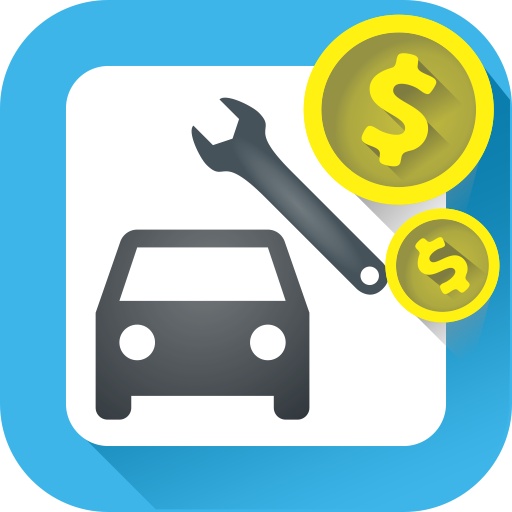7 Car Expenses You Didn't Plan For

You finally saved up enough money to buy your dream car. Congrats! But before you start cruising down the open road, there are a few things you need to take care of first. Here are 7 car expenses you didn't plan for but definitely need to budget for.
1. Maintenance and repairs
Your car is one of the most important pieces of equipment you own, and keeping it running smoothly should be a top priority. However, there are some common maintenance and repair tasks that are often overlooked.
For example, many people forget to change their engine oil regularly, leading to increased wear and tear on the engine. Additionally, neglecting to check tire pressure can cause premature tire wear and decreased fuel efficiency.
And, in order to get the most out of your extended warranty, maintenance is a must. CarShield cost covers repairs for certain things, but only when there has been a record of good maintenance. In other words, you can’t neglect the basics and then get your repairs covered under warranty.
2. The down payment
If you're in the market for a new car, one of the first things you'll need to do is save up for a downpayment. The size of your downpayment will depend on the price of the car and the terms of your loan, but it's generally advisable to aim for at least 20%.
By putting down a larger down payment, you'll be able to reduce your monthly payments and pay off your loan more quickly. In addition, you'll also have more equity in your car, which can come in handy if you ever need to sell it or trade it in.
Of course, saving up for a downpayment can take time, but it's definitely worth it in the long run. So start setting aside some money each month, and before you know it, you'll be ready to buy the car of your dreams.
3. Monthly car payments
Before you buy a car, its important to budget for Monthly car payments. You need to ensure that you can afford the car and that it will fit into your lifestyle.
Consider all of the associated costs, such as fuel, insurance, and maintenance, and compare them against your current budget.
4. Car insurance
It is important to think about car insurance as part of one's budgeting process before going to the dealership. Just like with any significant purchase, understanding the cost of coverage means there won't be any surprises later. Should something unexpected happen-like an accident or damage-having the best insurance and learning how to file a comprehensive insurance claim can make the process go much easier.
So how much does car insurance cost? Well, that depends on a number of factors, including your age, driving history, and the type of car you're buying. But one thing's for sure: it's always worth getting a few quotes from different insurers before you make your final purchase. That way, you can be confident that you're getting the best possible deal on your new car insurance policy.
5. Gasoline
Before you buy a car, its important to budget for gasoline. This one may seem obvious but you would be surprised at how many people overlook this one. Make sure you calculate how much gasoline your car will use in a month and factor that into your budget.
You don't want to end up buying a car that you can't afford to fill up! Also, keep in mind that the price of gasoline fluctuates, so its always a good idea to have a little extra money set aside for gas.
6. Tolls and parking fees
Driving can be a great way to see the world and get from point A to point B. But there are a few things that you need to budget for if you're going to hit the open road.
One of those things is tolls. Whether you're driving on a local bridge or through a major city, chances are you're going to run into a toll at some point. And while they may not seem like much, the cost of tolls can add up quickly.
Another common car expense that's often overlooked is parking fees. If you're planning on spending any time in a major city, be prepared to pay for parking. Street parking can be cheap, but it's often hard to find.
And if you're going to be parked for more than a few hours, it's usually cheaper to park in a garage. So when you're planning your next road trip, remember to factor in the cost of tolls and parking fees.
7. Depreciation
When you buy a car, you're not just paying for the metal, plastic, and glass that went into its manufacturing – you're also paying for its value as a depreciating asset. In other words, the second you drive your new car off the lot, it begins to lose value.
This process is known as depreciation, and it's one of the most important factors to consider when buying a new vehicle. While there are many contributing factors to depreciation – such as mileage, make/model, and overall condition – the age of the car is one of the most important. In general, newer cars depreciate more slowly than older cars.
This means that if you're looking to get the most bang for your buck, you should try to buy a car that's only a few years old. However, if you're willing to sacrifice some long-term value for short-term savings, buying an older car can be a great way to get a great deal on your next ride.
Now that you know about these 7 potential car expenses, you can be better prepared when it comes to budgeting for your new ride. Enjoy your new car and happy driving!
839GYLCCC1992



Leave a Reply